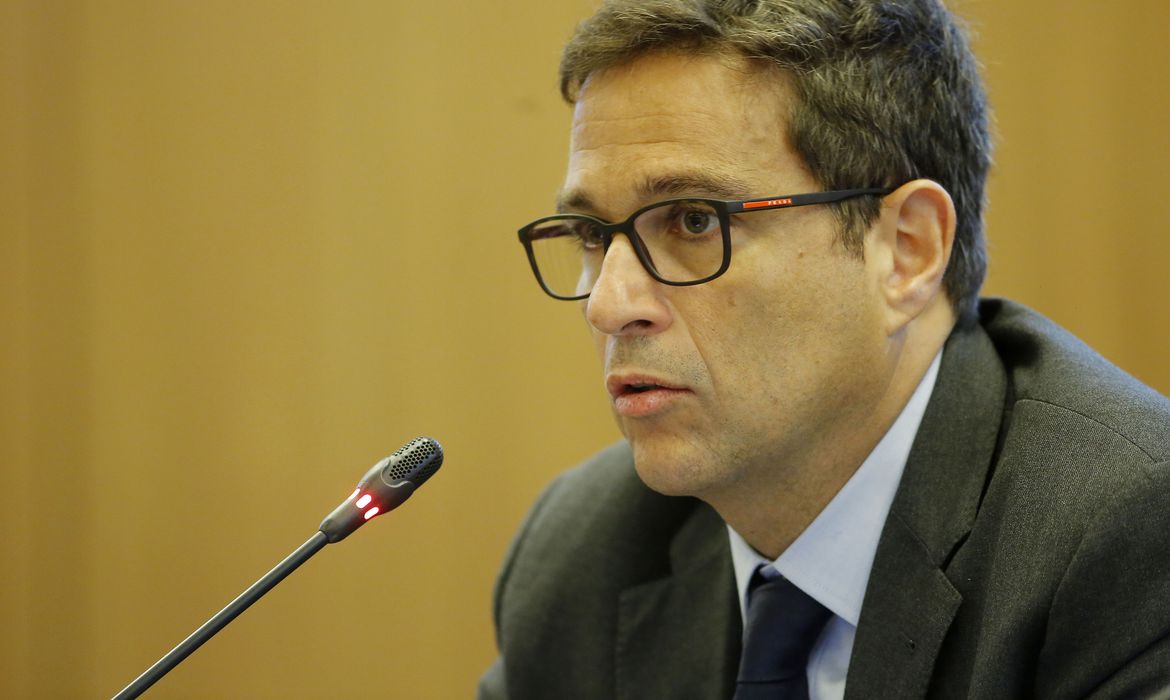RIO DE JANEIRO, BRAZIL – The president of the Brazilian Central Bank (BC), Roberto Campos Neto, said on March 23 that Brazil could benefit from the shock of the war involving Russia and Ukraine if the country has fertilizers for food production, with the rise in prices. It is the first time the president of the monetary authority has spoken publicly about the conflict in Eastern Europe.
“Brazil was not inserted in the global value chains during much of the specialization period. We now have the opportunity with the re-division of the global chains to be much more present. If it has the right policies, there is a secular opportunity for Brazil to enter the global value chains. What is happening in the world is a great opportunity for Brazil,” concluded the BC’s president.
While participating in an event promoted by TCU (Federal Audit Court) and Fiesp (Federation of Industries of the State of São Paulo), Campos Neto said that the conflict between Russia and Ukraine resulted in a major global energy crisis, intensifying the problems of the pandemic.

The set of sanctions of the countries against Russia, he said, is the largest in history, bringing implications for the whole world.
Thus, added Campos Neto, the energy crisis gets more intense since the big countries in Europe depend on Russian gas. “This is being put to the test now,” he said. “The world will become polarized at the end of the conflict,” said the BC president. “There is a redesign of global chains; it is an important and lasting movement. There will be a more polarized world, with a division between private companies.”
The short-term impact, he said, will be increased challenges in the transition to a green economy, with a greater incentive to use alternative sources. Most important, he said, will be the redesign of global chains.
“Some companies want to diversify contracts, which means more cost and less efficiency,” he said. “This represents a relatively long period of less growth and more inflation for the world,” he said.
INFLATION
Campos Neto predicted again that the peak of inflation in 12 months will occur in April this year and said that the IPCA (National Wide Consumer Price Index) would start to recede. According to market analysts heard weekly by the Central Bank in the Focus Survey, inflation should rise 0.99% in March and 0.88% in April. For May, however, economists expect deflation of 0.2%.
“Speaking of Brazilian inflation, we should peak in April and then fall back. We estimate the short-term number to be even a little higher than we initially imagined,” the BC president said.
Campos Neto emphasized that Brazil has been differentiated from other countries in the fight against inflation, with a stronger monetary tightening movement. Last week, the Monetary Policy Committee (Copom) raised the Selic (the basic interest rate) by one percentage point, to 11.75% per year, and indicated a new increase of the same magnitude for the May meeting.
“Brazil has been more active in inflation that we understand to be more persistent. Inflation has contaminated the cores and today is above the target in services, trade, and industry. We need to address this problem with serenity and firmness,” added Campos Neto.
On the eve of the release of the RTI (Quarterly Inflation Report) with new BC projections for the GDP (Gross Domestic Product) this year, Campos Neto said that the institution has a better number for the activity than the market. In the last Focus, analysts projected a 0.5% growth in 2022. “We are with a number a little higher than the growth market. The numbers at the top are surprising upwards. We have credit rising in double digits even with interest rates growing, and the part of investments in Brazil is with a positive flow since the beginning of the year,” he argued.
Campos Neto recalled that it is not up to the Central Bank to make fiscal policy. Still, he emphasized that the calibration of the monetary policy also depends on the result of the public accounts. “We see a great improvement in the fiscal short term. The increase in commodity prices improves the fiscal of the Union and the States because it improves tax collection. The primary result surprised and continues positive in the short term. And there are questions about the fiscal sustainability in the long term.”

